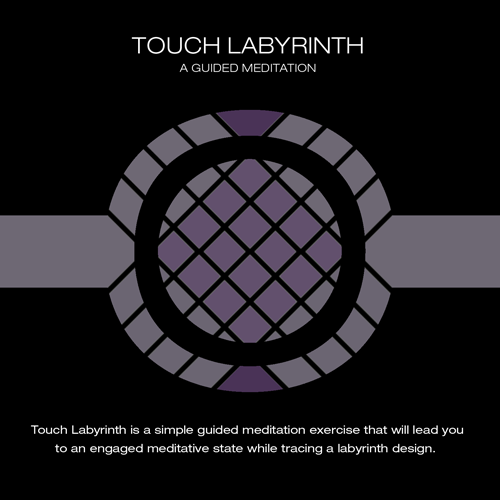|
See the Video above - Learn a 5 minute writing exercise to generate positive feelings and emotions any time! Tribalance PUSH 90 Workshop October 2022 - Click on the double arrow on the bottom right of the video to see the video in Full Screen mode! Enjoy!
Lie 1: When your circumstances change, you will become happier Our mind tells us that we will be happy when we get the perfect job, perfect spouse or when we get our first million dollars. There seems to be complex rules for us to be happy - not only do we have to worry about our peace of mind, we include others in our "get happy" mode. If only our spouse/ friend/ {insert favorite relative} did exactly what we tell them to do - and then all of us will be happy. The truth - Focus on yourself! Focus on the present moment! Identify those aspects of your life that are going well for you and recognize what you can be grateful for. If you can do it now, you can do it in the future too! Lie 2. You are born with or without the "Happy" gene - there is nothing you can do. Have you met people who seem to be happy whatever their circumstances in their life? Do you wonder if they were born with a special gene? Scientifically the existence of such a gene has not been proven. The truth: We pick up negative "rules" for happiness from our family, environment and friends but we can make changes in our behavior and beliefs in order to become happy. I have enjoyed reading and applying the techniques described by Martin E.P. Seligman in his book "Learned Optimism". Learning to be optimistic is one path to happiness and peace. Lie 3. You can distract yourself into happiness We often feel that the use of alcohol, drugs or other distractions can prevent us from being depressed or stressed out. The use of alcohol, drugs or other distractions is only an indication that we are unwilling to face life’s challenges – it is an escapist’s road and does not lead to peace or happiness. The truth - We have to face our life directly and accept that, at times, it is not a bed of roses. Focus and objectivity can help us find new solutions and methods of coping with challenges. Mindfulness practice can be used both during the happy and stressful periods of our lives. See Jill Bolte Taylor's famous TED video link below on the left versus right brain. Her explanation gives us a unique perspective on how the two parts of our brain work - often in very different ways. Learned Optimism: How to Change Your Mind and Your Life Martin E. P. Seligman (Paperback - Jan 3, 2006) $10.20 http://blog.ted.com/2008/03/jill_bolte_tayl.php Neuroanatomist Jill Bolte Taylor had an opportunity few brain scientists would wish for: One morning, she realized she was having a massive stroke. As it happened -- as she felt her brain functions slip away one by one, speech, movement, understanding -- she studied and remembered every moment. This is a powerful story of recovery and awareness -- of how our brains define us and connect us to the world and to one another. (Recorded February 2008 in Monterey, California. Duration: 18:44.)
0 Comments
|
a guided finger meditationEngage your senses with soothing music, guided imagery and a labyrinth tracing activity which leverages the power of touch. Click the album cover to learn more. Categories
All
|

 RSS Feed
RSS Feed